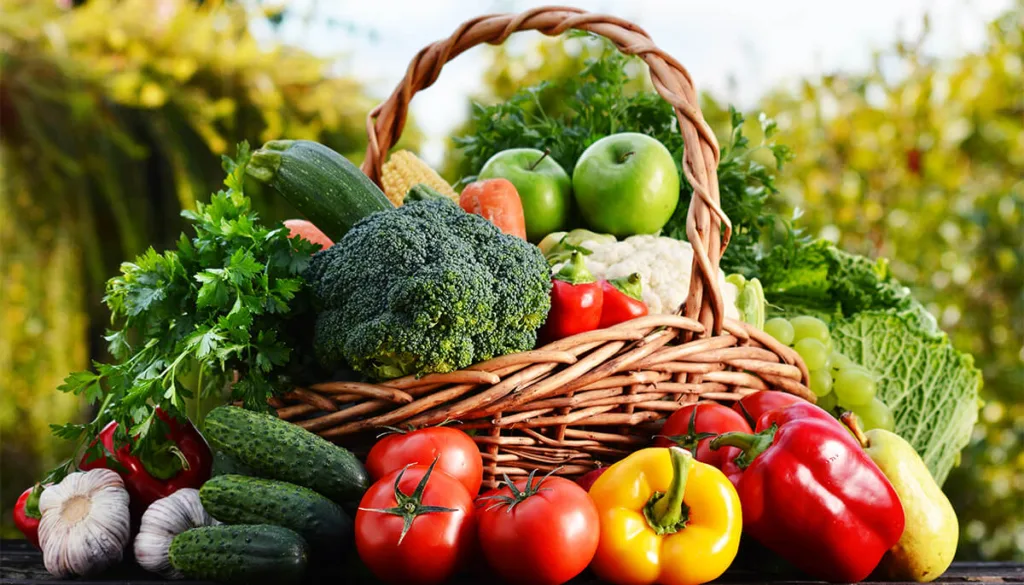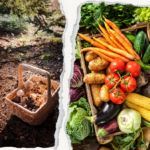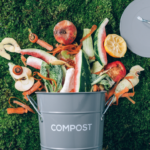Making Informed Choices for Your Health
Vegetables are essential components of a balanced diet, offering an array of vitamins, minerals, and fiber crucial for maintaining optimal health. From leafy greens to vibrant root vegetables, the diversity of vegetables available ensures there’s something for everyone’s palate and nutritional needs.
Nutritional Content
Comparing the nutritional content of vegetables reveals their impressive health benefits. Leafy greens like spinach and kale are rich in vitamin K and antioxidants, while carrots boast beta-carotene for eye health. Incorporating a variety of vegetables ensures you receive a wide range of nutrients vital for overall well-being.
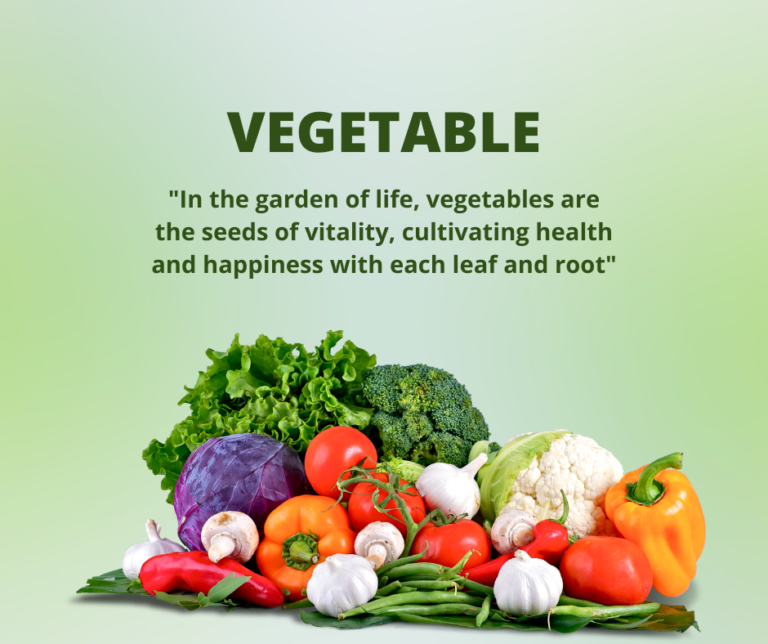
Fresh vs. Frozen vs. Canned
Fresh vegetables offer peak flavor and texture but require timely consumption. Frozen vegetables, on the other hand, retain nutrients well and offer convenience, while canned vegetables provide extended shelf life but may contain added sodium. Choosing between them depends on your priorities for taste, convenience, and nutritional value.
Organic vs. Conventional
Organic vegetables are grown without synthetic pesticides or fertilizers, potentially reducing chemical exposure. While studies show minimal nutritional differences between organic and conventional vegetables, supporting organic farming promotes environmental sustainability and may reduce pesticide residues in the environment.
Seasonal vs. Non-seasonal
Eating seasonal vegetables not only supports local agriculture but also ensures peak freshness and flavor. However, accessing seasonal produce year-round can be challenging. Non-seasonal vegetables are available throughout the year but may have traveled long distances, impacting their environmental footprint.
Locally Grown vs. Imported
Opting for locally grown vegetables supports local farmers and reduces transportation emissions. Imported vegetables, while providing variety, contribute to food miles and may lack freshness compared to locally sourced options. Choosing locally grown produce fosters community connections and reduces carbon emissions.
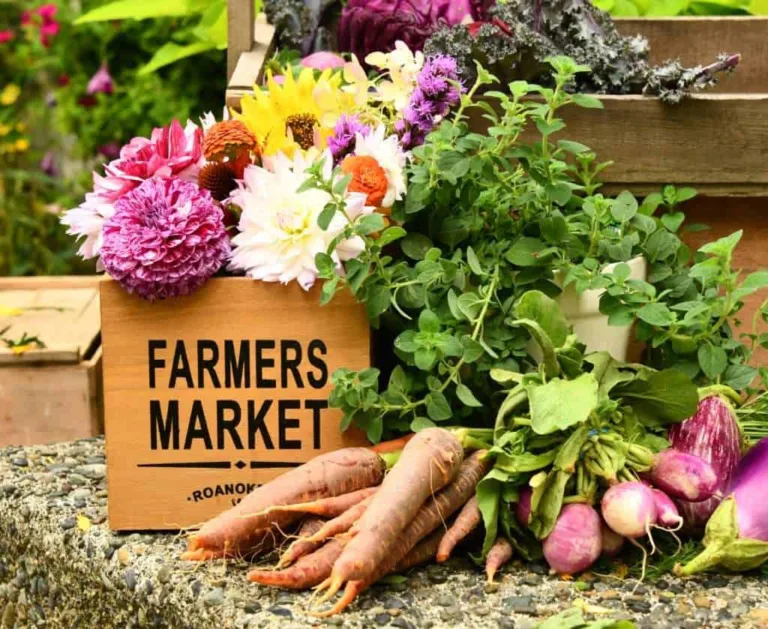
Cost Comparison
The cost of vegetables varies depending on factors such as seasonality, production methods, and geographical location. While fresh, organic vegetables may be pricier, they offer superior nutritional quality. Frozen and canned options provide budget-friendly alternatives without compromising on nutrients.
Cooking and Preparation
Vegetables offer endless culinary possibilities, from roasting and grilling to sautéing and steaming. Experimenting with different cooking methods can enhance flavors and textures, making vegetables a versatile and delicious addition to any meal.
Taste and Texture
Each vegetable boasts its unique taste and texture profile. While some may be crisp and refreshing, others offer earthy or savory flavors. Pairing vegetables with complementary ingredients can elevate their taste and appeal to even the pickiest of eaters.
Health Considerations
Certain vegetables, like cruciferous ones including broccoli and cabbage, contain compounds known for their cancer-fighting properties. However, individuals with specific health conditions or allergies should exercise caution and consult with a healthcare professional before making significant dietary changes.
Sustainability
Supporting sustainable farming practices for vegetables helps conserve natural resources and protect biodiversity. Choosing locally grown and organic options reduces environmental impact and promotes a more sustainable food system for future generations.

Popular Vegetable Recipes
From hearty salads to comforting soups, there’s no shortage of delicious vegetable-centric recipes to try. Incorporating vegetables into your meals in creative ways ensures a nutritious and satisfying dining experience.
Tips for Storage and Preservation
Proper storage and preservation techniques prolong the shelf life of vegetables, reducing food waste and saving money. Freezing excess vegetables, pickling, or even fermenting them are excellent ways to preserve their freshness and nutritional value.
Incorporating a variety of vegetables into your diet is essential for maintaining optimal health and well-being. By making informed choices about the types of vegetables you consume, as well as their sourcing and preparation methods, you can enjoy the numerous health benefits they offer while supporting a more sustainable food system.


